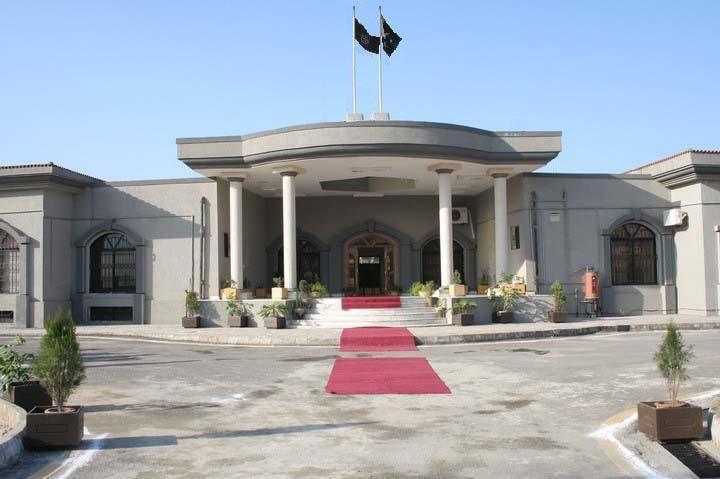Islamabad:
Islamabad High Court (IHC) has partially accepted a petition filed by some district and sessions judges and declared Islamabad District Judicial Service Tribunals (IDJST) decision to send deputation judges back from District Judiciary Null and Void.
The Idjst Court consists of three IHC judges – Justice Tariq Mehmood Jahangiri, Justice Babar Sattar and Justice Sardar Ejaz Ishaq Khan – had issued the order to repatriate the judges of the district court judge who served on Deputation as court members.
Islamabad Anti-Terrorism Court (ATC) Judge Abual Hasanat Muhammad Zulqarnain and others had contested the decision in IHC, whose single-member bench consisting of Justice Arbab Muhammad Tahir announced the verdict in the case.
The court found that the court does not have Suo Motu powers against the court itself. It clarified that it does not decide the case of benefits and that the court decides the benefits of the case.
On March 21, a report canceled a notification of the Ministry of Justice with regard to the reconstitution of the Court – a decision showing a growing gap among the judges in the Capital Supreme Court.
On March 18, the Ministry informed a new court consisting of three IHC judges, nominated by functioning Chief Justice Sardar Muhammad Sarfraz Dogar. Justice Khadim Hussain Somro was to lead it, while it also included Justice Muhammad Azam Khan and Justice Inaam Ameen Minhas.
However, the existing court, which includes justice, declared Tariq Mehmood Jahangiri, Justice Sardar Ejaz Ishaq Khan and Justice Babar Sattar, the message illegal in an order that also enabled appeal from senior civilian judge, Muhammad Shabbir.
In its order, the court noted that there was no need for its reconstitution, as there is no difference between the chairman of the court and the members. In its order, IHC stated that after the change of court, justice Tariq Jahangiri was no longer authorized to decide the case.
The court added that the powers of the court are limited and not equivalent to the judge of a Supreme Court.



